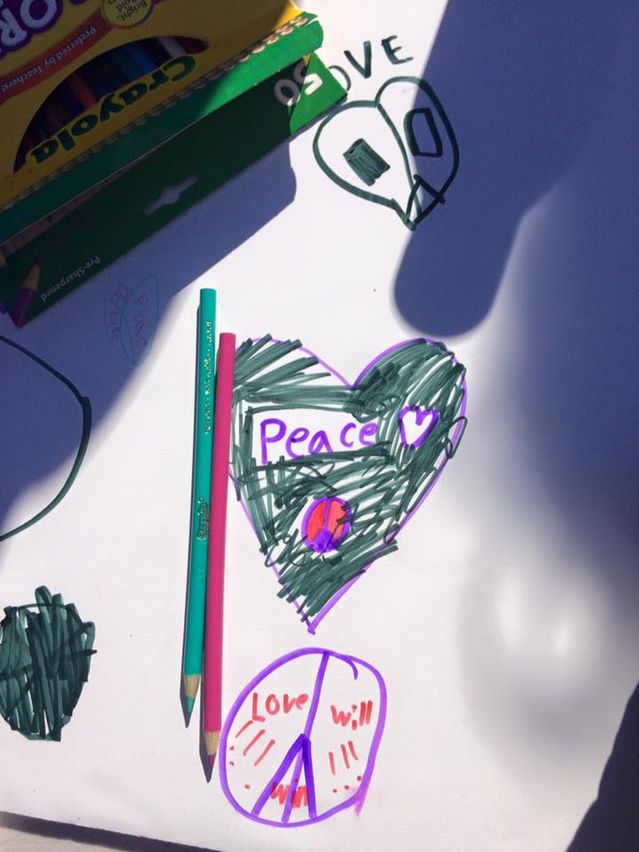Anxiety
Anxious About Hate Crimes?
5 ways communities and individuals can promote peace this holiday season
Posted November 28, 2016

The holidays, typically a time when people of all backgrounds spread messages of good cheer, feel fraught this year. Hate crimes are in the headlines, and the impact is more than physical injury or destruction of property for victims, it's the loss of peace of mind for all. Many minorities feel vulnerable while their friends feel powerless to help. Not knowing what to do can lead to doing nothing but hoping for the best or resigning ourselves to the worst. But that won't empower anyone. Here are five ways we can address hate and bias incidents head on and promote true peace this holiday season:
1. Make a plan. Schools don't just hope fires and shootings won't happen on their campus.They do drills. Part of facing a fear is to acknowledge realistic negative scenarios and prepare for them. What would you do if you were the target of a hate crime? You may need to get medical help, provide photographic and physical evidence, file a police report, contact relevant advocacy groups, file insurance claims, and work with your town and school leaders to build awareness and affect change.
What if you're not likely to be the target but want to help your neighbors? See the Southern Poverty Law Center's 10 Ways to Fight Hate: A Community Response Guide for excellent ways concerned citizens can join forces for good.
Anxieties feed on amorphous "what ifs." Doing this research will demystify the process, put all available resources at the ready, and put your rational mind firmly in charge.
2. Build friendships and community in real life. Fear gravitates to the lonely. While the instinct in difficult times may be to retreat and bunker down with Facebook, this is actually the most important time to create a safety net of real people. Make plans with friends, get to know acquaintances who may become trusted allies, volunteer. Attend a house of worship and form partnerships with others in the area (inviting each other to holiday services, concerts, youth group events, charity drives, etc) to promote solidarity across denominations against hate. Join, or start, a diversity support group. Find guardian angels (kids, friends, teachers) who will look out for your children. Reach out to those who may be vulnerable and tell them you're there for them. Be a friendly face in your neighborhood. Give whatever you would hope to receive. This is also the best way to break down the barriers between people that give rise to hate crimes in the first place.
3. Stand up for others. If you witness a hate crime, report it and condemn it. If you want to help in the moment, consider the suggestion by the artist Maeril that in a public situation where someone is being harassed, bystanders should ignore the aggressor and engage in a friendly, innocuous conversation with the target (see CNN's "Artist Creates Illustrated Guide to Fighting Harassment") instead. Teach your children to reach out to marginalized kids, and to help protect the little guys. This may be our best hope for the future.
4. Take care of yourself. We need all the strength we can get these days, and worry is exhausting. If the news and social media are causing fruitless agitation, take a break and recharge. Listen to uplifting music, cook, bake bread, exercise, look at nature, take a long shower, meditate, pray, read a good book, go to bed early. We can't control everything that happens to us but we can certainly mitigate wear and tear on our own bodies and psyches.
5. Look for the good. For all the division in the world, and there has always been division, there is also plenty of good. Look for the people making a difference, allow yourself to be inspired and to inspire others. Fear and outrage may mobilize us but they don't promote peace. Love for each other, faith in each other, do.


